“Not to kill each other, but to save the planet”
The Nobel laureates called for a ceasefire. We publish a letter and 51 signatures
Here is an incredible letter: a plea for an immediate ceasefire between Russia and Ukraine and in the Gaza Strip, signed by 51 Nobel laureates. They demand that politicians and the military stop the fire, and that world religious leaders directly address the people.
DISCLAIMER
The editorial staff of “Novaya Gazeta,” in publishing this appeal from Nobel laureates, is compelled to comply with the laws of the Russian Federation, which impose de facto censorship and prohibit openly expressing one’s opinion under the threat of criminal prosecution. Therefore, certain words prohibited in Russia have been replaced with: “***” in this letter.
To His Holiness Pope Francis,
His Holiness the Ecumenical Patriarch Bartholomew,
His Holiness the Dalai Lama XIV.
To the belligerents.
To the United Nations.
To the European Parliament.
To the Parliamentary Assembly of the Council of Europe.
At present, there are at least 55 such conflicts ongoing. Politicians are failing to bring an end to the numerous armed conflicts that continue to plague the planet.
Local wars are no longer local. A *** — the conflict between Russia and Ukraine — is taking place on the European continent, for the first time in decades. The consequences of this prolonged conflict, which has entered its third year, have reverberated across various countries, leading to increased famine in African nations, a migration crisis in Europe, and the release of harmful substances from each bombing into the water, food, and milk supplies reaching people on all six continents. By the end of this year, the number of those killed and injured in central Europe is expected to exceed one million, for the first time since World War II.
During this conflict, defense budgets around the world have increased to such an extent as to be comparable to the resources required to slow global climate change. While killing each other, people are also destroying our planet.
Increased arms spending is also comparable to the expenditures needed to eliminate hunger throughout the world for eighty years to come. Just think of it: no one would go hungry or die of exhaustion, and no child would be left unnourished. However, instead of sustaining life, resources are wasted on spreading death.
Who are the victims of war today? Most of them are people between the ages of 30 and 40, meaning approximately 40 years of lost life expectancy for each of them. Thus, every 100,000 people killed is equal to 4 million years not lived — discoveries not made, children not born, orphans suffering.
We are not representatives of states, but if the efforts of states to establish peace are not sufficient, we must take action. We implore you to do so! We ask for your help to call for a ceasefire and actions aimed at it.
Cease fire!
End the loss of human lifes!
Prevent a nuclear disaster!
We ask His Holiness Pope Francis, His Holiness the Ecumenical Patriarch Bartholomew, His Holiness the Dalai Lama XIV, representatives of Islam and Judaism to appeal to all citizens of the world and to the governments right during the Olympics. May the billions of people who will watch the Games join you in calling for Peace.
Let us ensure that our children survive us.
Instead of destroying each other, let us work to save our planet.
We ask for immediate application of the following principles to the conflicts in Ukraine and the Gaza Strip:
- An immediate ceasefire,
- the exchange of all prisoners for all, the release of hostages and the return of the bodies of the dead,
- start negotiations.
If politicians cannot agree, let them give the solution of issues to future generations and cease fire.
SIGNATURES
Emmanuelle Charpentier (Chemistry, 2020)
Elias James Corey (Chemistry, 1990)
Alan Heeger (Chemistry, 2000)
Roald Hoffmann (Chemistry, 1981)
Martin Karplus (Chemistry, 2013)
Brian K. Kobilka (Chemistry, 2012)
Yuan T. Lee (Chemistry, 1986)
Morten Meldal (Chemistry, 2022)
Jean-Pierre Sauvage (Chemistry, 2016)
Richard R. Schrock (Chemistry, 2005)
Hideki Shirakawa (Chemistry, 2000)
Sir James Fraser Stoddart (Chemistry, 2016)
Paul R. Milgrom (Economics, 2020)
Christopher A. Pissarides (Economics, 2010)
Svetlana Alexievich (Literature, 2015)
Elfriede Jelinek (Literature, 2004)
Werner Arber (Medicine, 1978)
Francoise Barre-Sinoussi (Medicine, 2008)
Louis J. Ignarro (Medicine, 1998)
Barry J. Marshall (Medicine, 2005)
Edvard Moser (Medicine, 2014)
May-Britt Moser (Medicine, 2014)
Erwin Neher (Medicine, 1991)
Sir Peter J. Ratcliffe (Medicine, 2019)
Charles M. Rice (Medicine, 2020)
Sir Richard J. Roberts (Medicine, 1993)
Gregg L. Semenza (Medicine, 2019)
Hamilton O. Smith (Medicine, 1978)
Jack W. Szostak (Medicine, 2009)
Carlos Filipe Ximenes Belo (Peace, 1996)
Mairead Corrigan-Maguire (Peace, 1976)
Beatrice Fihn (Peace, 2017)
Tawakkol Karman (Peace, 2011)
Denis Mukwege (Peace, 2018)
Dmitry Muratov (Peace, 2021)
Maria Ressa (Peace, 2021)
Oscar Arias Sanchez (Peace, 1987)
Jody Williams (Peace, 1997)
Pierre Agostini (Physics, 2023)
Barry Clark Barish (Physics, 2017)
Steven Chu (Physics, 1997)
Andre Geim (Physics, 2010)
Brian D. Josephson (Physics, 1973)
Takaaki Kajita (Physics, 2015)
Klaus von Klitzing (Physics, 1985)
Ferenc Krausz (Physics, 2023)
Michel Mayor (Physics, 2019)
Roger Penrose (Physics, 2020)
William D. Phillips (Physics, 1997)
Torsten N. Wiesel (Medicine, 1981)
Finn E. Kydland (Economics, 2004)
We also recommend reading:
Alexander Rodnyansky — OPEN LETTER,
Herta Muller — OPEN LETTER,
AHMED FOUAD ALKHATIB — OPEN LETTER,
Dina Rubina — OPEN LETTER

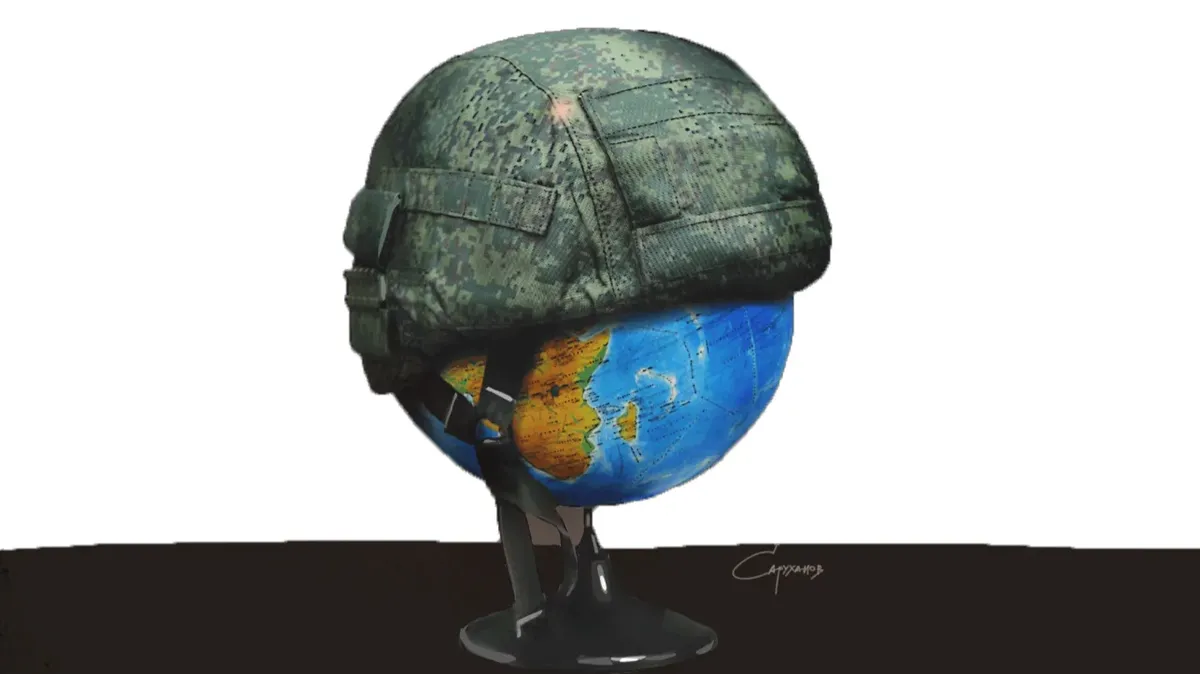



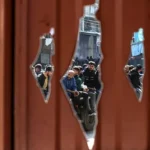
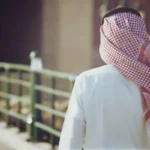
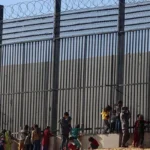
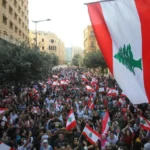
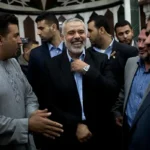
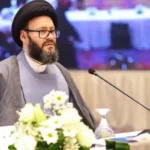
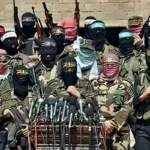
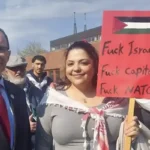
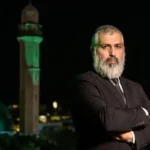
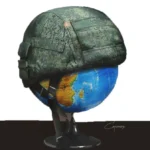
Leave a Reply